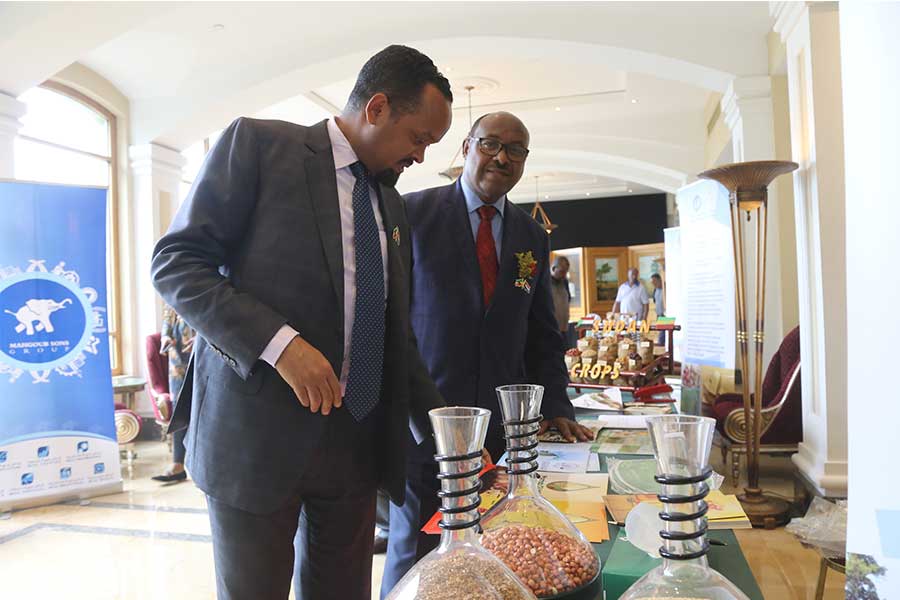
Radar | Sep 28,2019
Apr 30 , 2021
By Thomas Bundi
Last Monday marked World Intellectual Property Day. The theme this year was "Intellectual Property and Small & Medium Enterprises: Taking Your Ideas to Market."
Intellectual Property (IP) refers to assigning ownership for both physical and intangible creations and recognising such rights when it comes to the usage and exploitation of these works.
However, many creators, entrepreneurs and businesses in the developing world are yet to fully exploit the potential of IP either due to ignorance or lack of resources.
The registering and exploitation of IP hold immense economic potential and benefits. For instance, technology companies and start-ups in manufacturing, software and pharmaceuticals utilise registered patents to value their market capitalisation and access credit.
Generally, local small businesses may start by branding their products. Market and customer recognition can then be built by the registering of trademarks. These offer exclusive rights and create value as they can be commercially exploited through sale and licensing.
Design works and especially industrial designs are highly valuable in the manufacturing sector. With the coming into effect of the African Continental Free Trade Area (AfCTA), trade is expected to increase business opportunities among an estimated 1.2 billion people. IP holders will hold a distinct advantage because registered rights are protected by law.
Creative industries have a massive potential for the exploitation of IP. Countries like Korea have embraced IP as a key pillar for sustainable development. In a recent report by the Bank of Korea, in 2020, the country recorded a 160-million-dollar trade surplus from art and culture copyrights, including music and TV shows.
By registering and exploiting IP brands, the African music sub-sector is leading the way in illustrating how copyright recognition and enforcement are creating a viable industry and empowering thousands. The development of collective management organisations (CMOs) and digital platforms are helping individuals and companies along with the value chain benefit because of payments through royalties and licensing.
However, for intellectual property to truly benefit the majority, awareness and adoption by entrepreneurs is key. Small businesses should put IP at the core of their strategy. To aid in this, the World Intellectual Property Organization (WIPO) has developed an online tool for assessing business competitiveness through IP assets, thus helping stakeholders identify and create value. This comes in handy, especially for those looking to expand internationally.
In many African countries, agriculture is a key industry and, in most cases, the largest employer. The Union for the Protection of New Varieties of Plants (UPOV) system was set up to encourage the innovation of new plant varieties. Countries can then invest in developing crop varieties that are best suited for their regions.
County and regional development authorities can also use geographical indicators to build brands that identify and communicate their uniqueness. Adoption by co-operatives and groups can add immediate brand value to foodstuffs and offer differentiation.
Another way IP directly benefits communities is through the protection of contemporary expressions of traditional and cultural knowledge. These include unique designs of items such as handicrafts, musical instruments and fabrics.
A key challenge is the lack of adequate technical expertise to advise on the processes of securing IP rights.
As a matter of priority, universities and institutions should set up and implement intellectual property departments. These can act as development hubs and educational centres to serve the communities that surround them.
IP awareness among learners and entrepreneurs will better prepare business practitioners to build generational African industries that can rely on their IP assets to effectively compete globally.
However, the adoption and enforcement of progressive IP laws is crucial, especially when dealing with new technologies and combating counterfeits. Innovation without robust intellectual property safeguards is not sustainable.
PUBLISHED ON
Apr 30,2021 [ VOL
22 , NO
1096]


Radar | Sep 28,2019

Fortune News | Jan 26,2019

Commentaries | Feb 24,2024
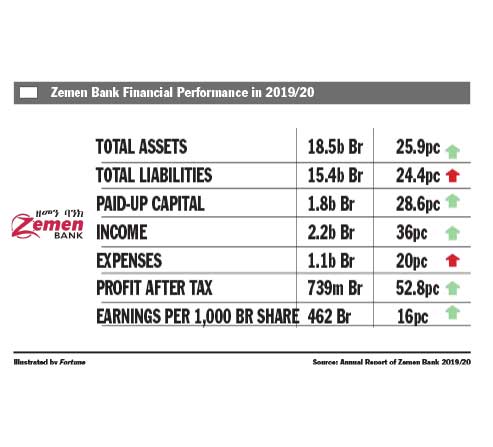
Fortune News | Feb 20,2021
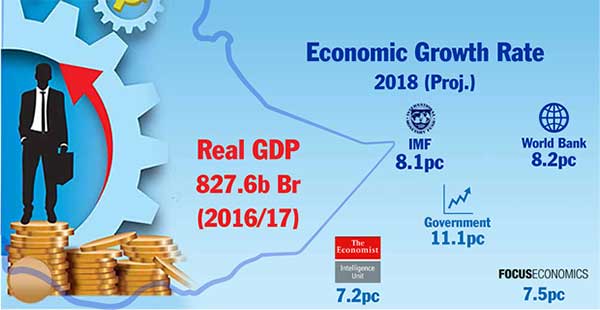
News Analysis | Jan 05,2020

Fortune News | Jun 20,2020
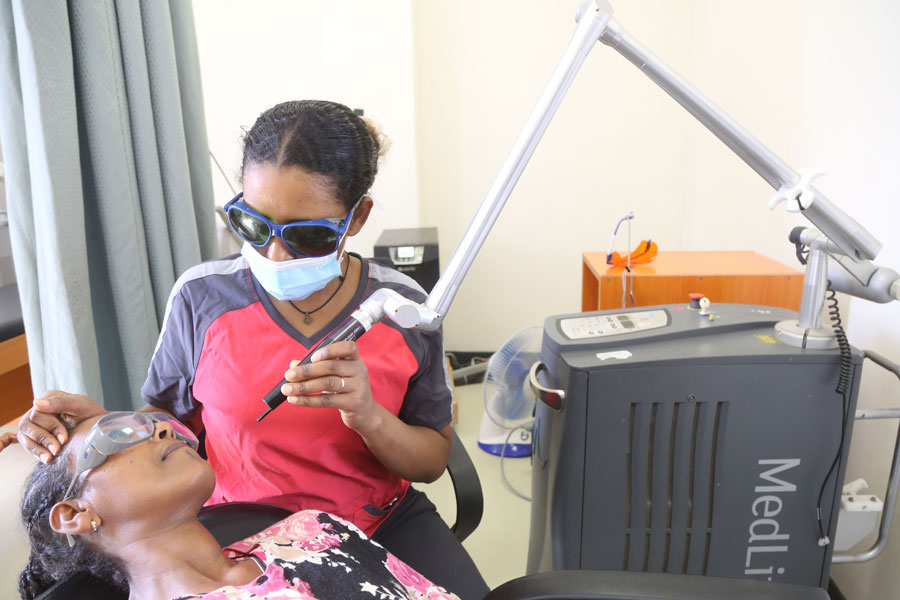
Featured | Jul 09,2022

Fortune News | Jan 12,2019

Radar | Jun 29,2019
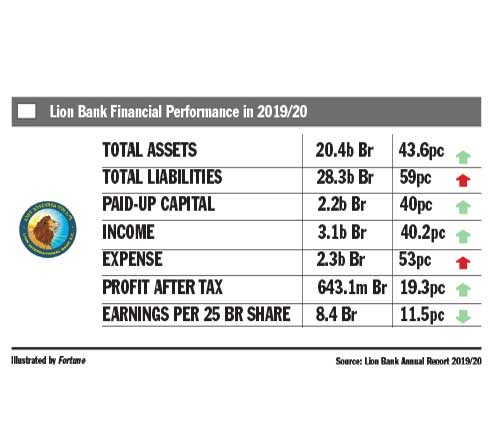
Fortune News | Mar 13,2021

My Opinion | 108821 Views | Aug 14,2021

My Opinion | 105219 Views | Aug 21,2021

My Opinion | 104030 Views | Sep 10,2021

My Opinion | 103320 Views | Aug 07,2021

Jul 13 , 2024 . By AKSAH ITALO
Investors who rely on tractors, trucks, and field vehicles for commuting, transportin...

Jul 13 , 2024 . By MUNIR SHEMSU
The cracks in Ethiopia's higher education system were laid bare during a synthesis re...

Jul 13 , 2024 . By AKSAH ITALO
Construction authorities have unveiled a price adjustment implementation manual for s...

Jul 13 , 2024
The banking industry is experiencing a transformative period under the oversight of N...

Jul 20 , 2024
In a volatile economic environment, sudden policy reversals leave businesses reeling...

Jul 13 , 2024
Policymakers are walking a tightrope, struggling to generate growth and create millio...

Jul 7 , 2024
The federal budget has crossed a symbolic threshold, approaching the one trillion Bir...

Jun 29 , 2024
In a spirited bid for autonomy, the National Bank of Ethiopia (NBE), under its younge...
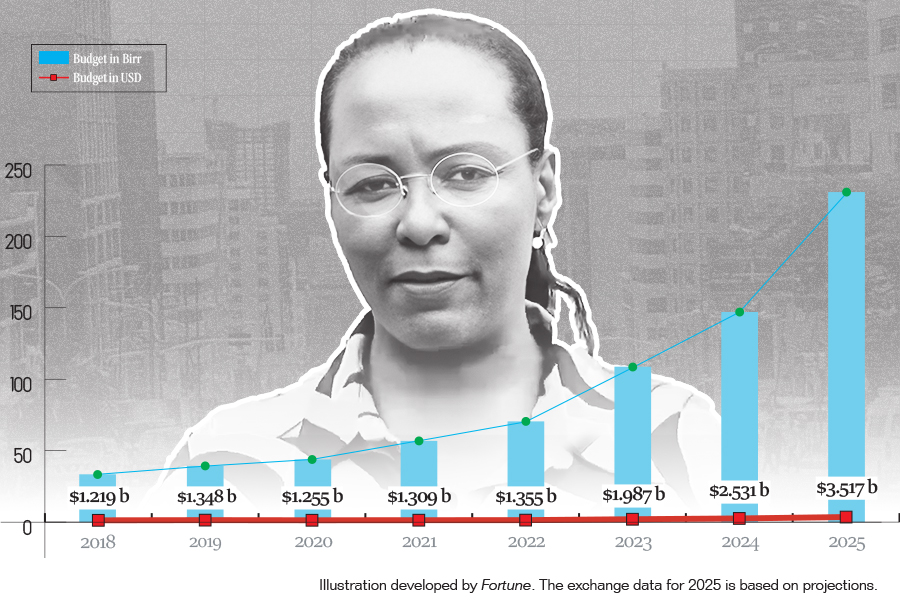
Jul 21 , 2024 . By TIZITA SHEWAFERAW
Mayor Adanech Abebie's Administration faced an audit report that unveiled a startling...
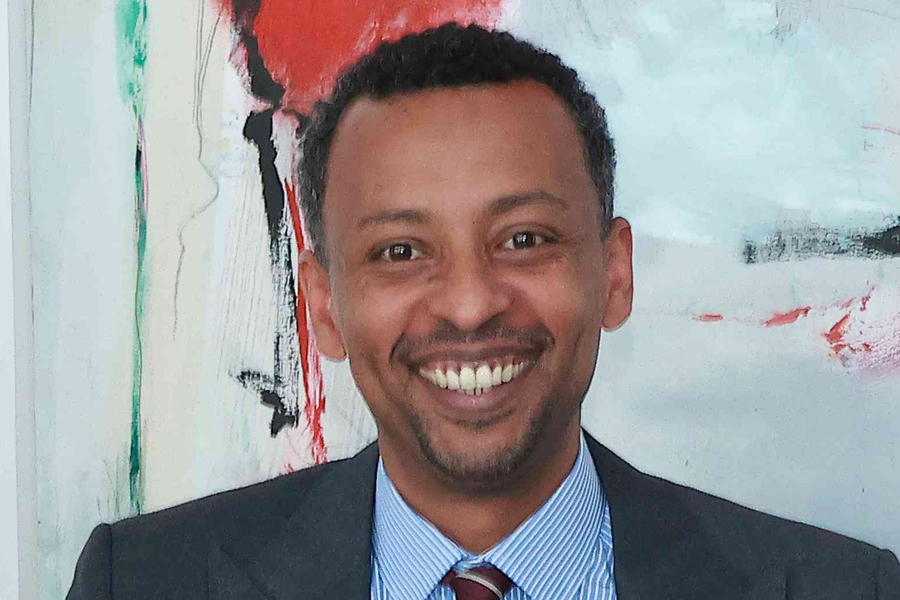
Jul 21 , 2024 . By AKSAH ITALO
Brook Taye (PhD), director general of the Ethiopian Capital Market Authority, has tak...
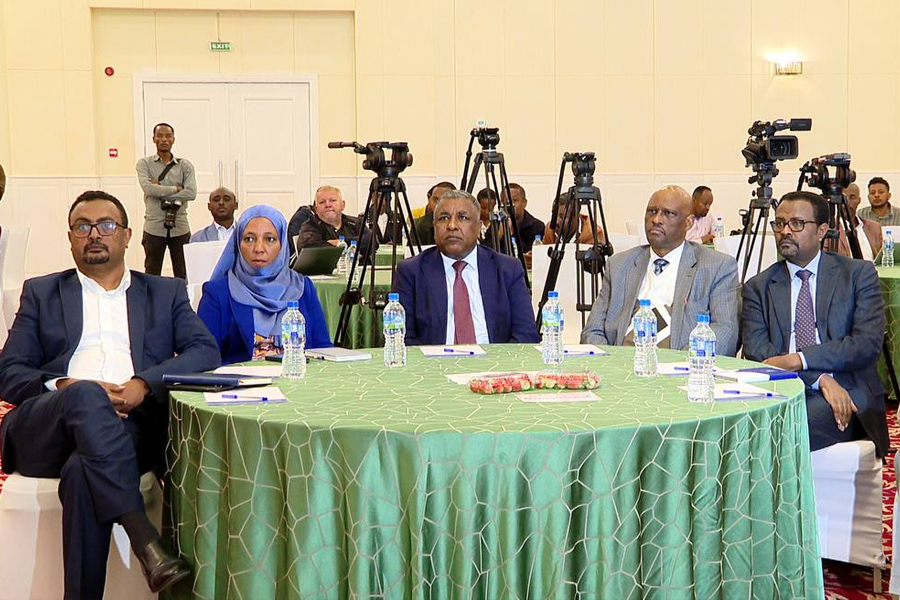
Jul 21 , 2024 . By AKSAH ITALO
Ethiopia's horticulture, a major source of foreign currency and employment, is facing...

Jul 21 , 2024 . By AKSAH ITALO
Commercial banks are now permitted to acquire equity shares in capital market service...